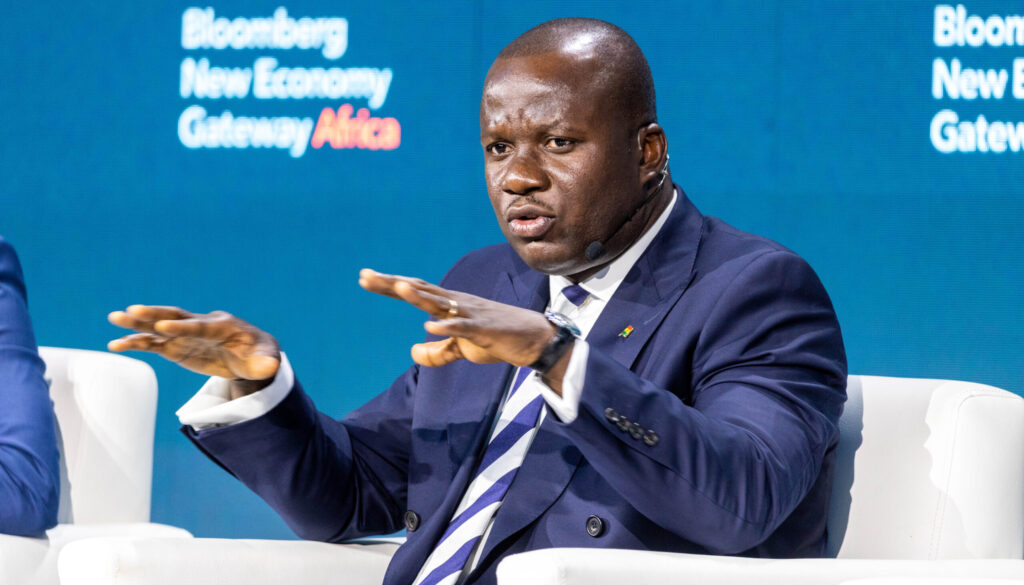Ghana will not export lithium in raw state-Samuel Jinapor reveals
The Minister of Lands and Natural Resources of Ghana, Samuel Abu Jinapor, has stated categorically that Ghana will not export unprocessed Litium to the international market in it’s raw state.

He explained, the government of Ghana is determined to add value to the country’s Mineral resources, create jobs, and generate more revenue to support the growth of African number one gold ducking country GDP.
Speaking at the Bloomberg New Economy Gateway Africa summit in Marrakesh in Morocco the Minister informed the international community of the government’s commitments to add value to its natural resources.

The Damango member of Parliament further explained at the ongoing summit that the Ghanaian government is working on a policy framework to retain a significant portion of Mineral resources, such as Lithium, and add value to it before exporting it.
The policy framework is intended to safeguard Ghanaian interests in relation to the production of lithium and other minerals.
Ghana has discovered commercial quantities of lithium spodumene in the Central region along the lithium belt of Cape Coast.
Ghana had previously exported gold, oil, and diamonds in their unprocessed form, depriving the country of enormous revenues from added value for economic growth and development.
“We intend to end the practise of not adding value to our mineral resources.” We are beginning by establishing the appropriate policy and legal frameworks for Ghana to significantly benefit from the new paradigm of renewable energy, the Minister said that in Marrakech, Morocco.
Bloomberg’s ‘New Economy Gateway Africa’ summit brought together leaders from the world’s private and public sectors to discuss the world’s most pressing issues and evaluate potential solutions in the context of local and regional priorities, focusing on the impact of a slowing global economy; rising food and energy prices; supply-chain shocks; tightening financial conditions; and the rising risk of distress among sovereign borrowers.
This two-day summit began on Tuesday, June 13, 2023, and will conclude on Wednesday, June 14, 2023.






